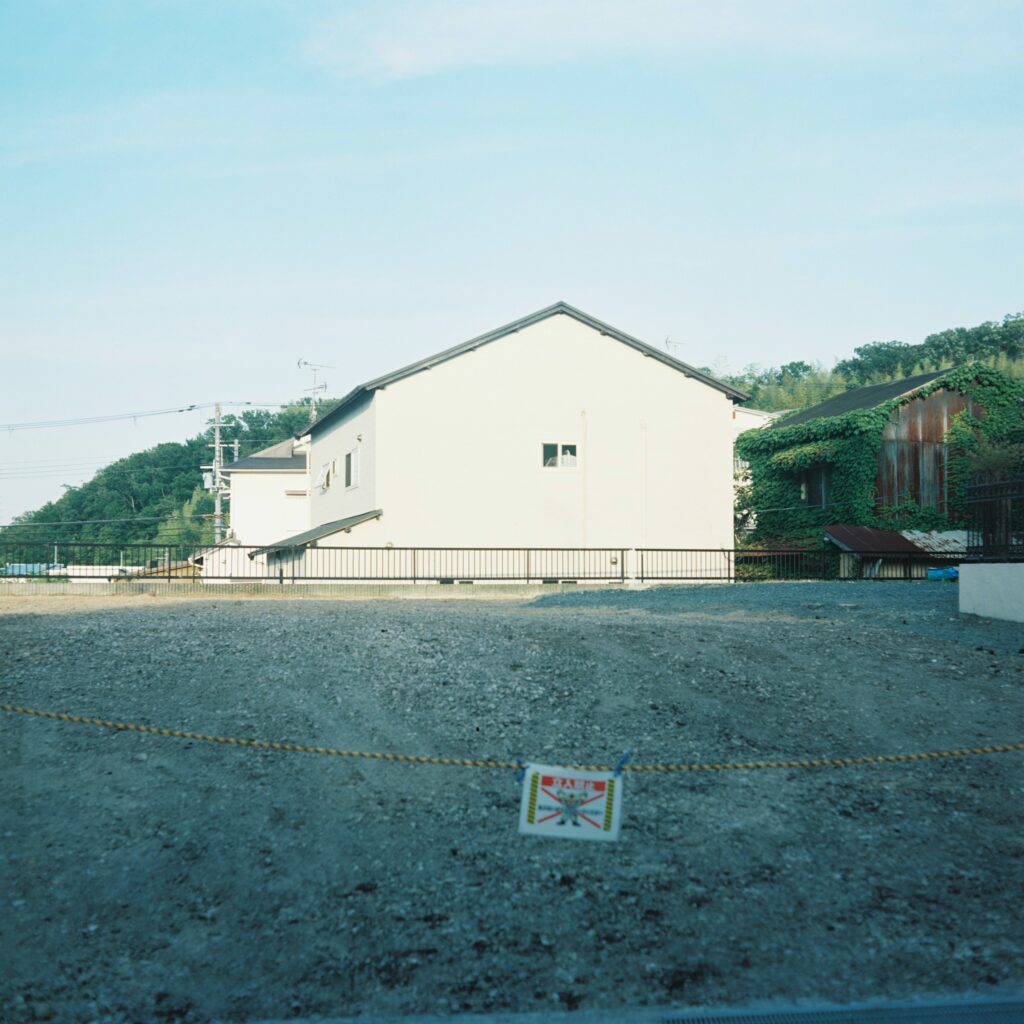CHAPTER 1
ウィチャックはインドネシアの北スマトラで生まれ育ちました。日本に興味を持ち始めたのは、まだ幼い頃。最新のアニメから伝統的な習慣まで日本文化のさまざまな面に興味を持ちました。特に興味を引いたのは、過去と現在と未来が混ざり合って共存しているような日本のイメージでした。日本に行くことは、大学時代からの彼の夢でした。
Wicak was born and grew up in North Sumatra, Indonesia. His interest in Japan started back when he was still a child. He enjoyed many aspects of Japanese culture, from the latest anime to traditional customs. Thus, going to Japan had been a dream of his ever even throughout university. He was particularly interested in the seemingly-paradoxical fusion of past, present, and future that Japan’s image showed off to the world.
彼は故郷で建築の学士号を取り、建築家としての経験を積むために2016年に日本にやってきました。そして日本で暮らすために十分な語学力を身につけるため、日本語学校に通い始めました。
He finished his bachelor’s degree in architecture and came to Japan in 2016 initially intending to cement his career as an architect. However, he came as a language school student (Nihongo Gakkou) to build up his Japanese language skills in order to build a life for himself here.

View from Osaka bridge on May 2022

Wicak looking at Osaka Castle

Bicycle parking lots near a train station

An alley to bicycle parking lots
あるときウィチャックは 日 本 語 学 校 の 先 生 に 言われました。「今の君の日本語力では、大学院には 行けないかもしれない」。ウィチャックはそれでも諦めず、日本語学校を卒業する半年も前からできる限りの力を もって試験に備えました。そんな彼を、尊敬する日本語 学校の教頭先生たちが全面的に支えてくれました。これらが実を結び、ウィチャックは関西大学の修士課程 に入学することができました。
In his Nihongo Gakkou, Wicak was once told by a teacher that he may not be able to enter a graduate school in Japan because of his lack of language ability. Wanting to prove him wrong, six months before graduating from Nihongo Gakkou, he did all the preparation he needed to. He was fully supported by the school’s vice principal, whom he respected a lot. Through his effort, Wicak managed to enter Kansai University as a master’s student

An empty room in Kansai University

Kansai University during an open campus event

A meeting room in Kansai University

People gather at the university park
修士課程2年の時には、返済不要な奨学金をもらえることになりました。また、同じコースに通う中国人の留学生の友人が、授業や大学院での生活を支えてくれました。大学院ではもっぱら日本語を使い、日本語でコミュニケーションをとることに慣れていきました。多くの人の協力と自身の努力で、ウィチャックは修士論文を日本語で発表し、無事日本で修士課程号を取得することができました。彼は日本語をマスターし、日本で働き始めました。それは、亡き父の夢でもありました。
During his master’s study, Wicak obtained scholarship support for his second year. Not limited only to financial aid, he also obtained the necessary support related to courses and graduate school life from his friend, a fellow master’s student from China. While pursuing his master’s degree, Wicak mostly used Japanese, even going so far as presenting his final thesis in Japanese. This made him get more comfortable with working and communicating in Japanese. With all the support and his own efforts, inspired by his late father’s dream to go and work in Japan, Wicak finally succeeded in completing his master’s degree.

Wicak on his bike before going to the office

Building hit by a morning sunlight

A morning somewhere in Osaka

Wicak and his son visiting his former lab
イスラム教徒のウィチャックは、1日に5回お祈りをします。しかし日本ではイスラム教のモスクや祈祷室はなかなか見つけられないので、他にお祈りができる場所を探さなくてはなりません。日本の学校に通っていた時には、図書室でお祈りをしていました。
As Wicak is a Muslim, he needs to perform prayers 5 times a day. But as finding a mosque and public prayer rooms is not easy in Japan, he needed to find alternative spaces for praying. While studying in Nihongo Gakkou, he would pray in the library.
社会人になった今は、仕事の時には空いている部屋を借りて毎日お祈りをしています。公共の場所では、祈祷室が見つからない時には人があまり通らない庭やスペースで祈ることもあります。イスラム教の男性が必ずおこなう金曜の礼拝は、会社から許可をもらい、電車で30分かけてマスジド・イスティクラル大阪にいき、お祈りを捧げています。
Now that he is working, he borrows an empty room for prayer purposes. In public spaces, if he can’t find a prayer room, he will pray in a random garden or public space that people rarely pass by. For the Friday prayer (an obligation for Muslim men), he gets permission from his office to pray in the Masjid Istiqlal Osaka which takes 30 minutes by train

Muslim men waiting for their turn to pray in a park nearby

Muslim men prepare to leave after praying

Inside a torn-down mosque to become a new mosque

Reserved land for building a new mosque